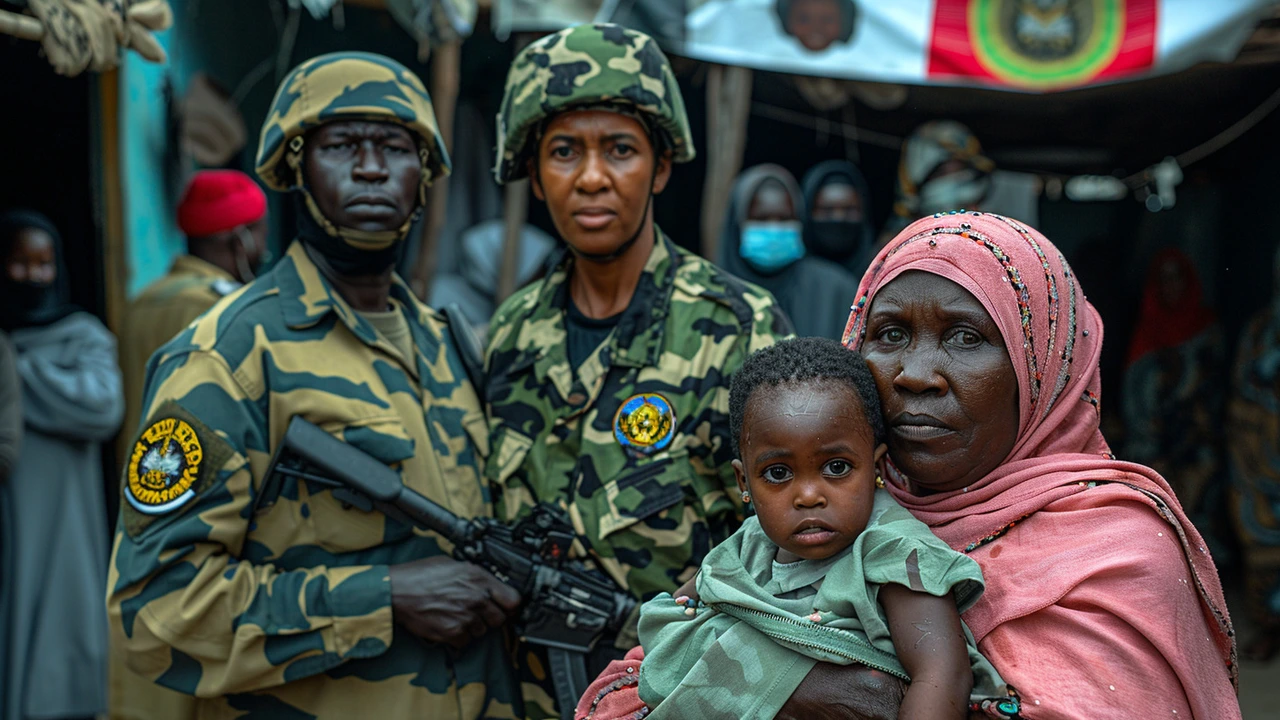The story of the Chibok girls continues to draw attention worldwide. Since their kidnapping by Boko Haram, Nigeria has been under pressure to rescue these young girls and fight terrorism. But what’s the current state of this rescue mission, and what challenges remain?
Back in 2014, Boko Haram kidnapped over 270 schoolgirls from Chibok in northeastern Nigeria, sparking global outrage and campaigns like #BringBackOurGirls. Since then, the Nigerian government and international partners have worked hard to track and rescue many of the girls. However, the rescue effort has faced hurdles like difficult terrain, limited intelligence, and Boko Haram’s use of hostages as human shields.
Over the years, some girls have been freed through military rescue operations or negotiations, but many remain missing. The government continues to deploy resources, including military missions and negotiations with local leaders, to recover the rest.
One big challenge is the ongoing violence in the region, which makes rescue operations risky and complicated. Boko Haram has splintered into factions, making it harder to negotiate. Also, misinformation and lack of clear intel often slow down these missions. The Nigerian authorities are trying new strategies, including using community informants and increasing cooperation with neighboring countries to squeeze terror group hideouts.
On the ground, families keep hoping for news and pushing for renewed government focus. Meanwhile, international calls for stronger support to Nigeria’s security forces keep growing louder. Staying updated on government announcements and verified news helps keep the public informed and engaged on this crucial issue.
Understanding the complexities of the Chibok rescue teaches us how difficult fighting terror can be, especially when innocent lives are on the line. But hope remains, and every step forward counts in bringing those girls home safely.
Posted by
Siseko Tapile
8 Comments

The Nigerian Army has successfully rescued Lydia Simon, one of the Chibok girls, and her three children. They were handed over to the Borno State Government for familial reunification after her release.
read more